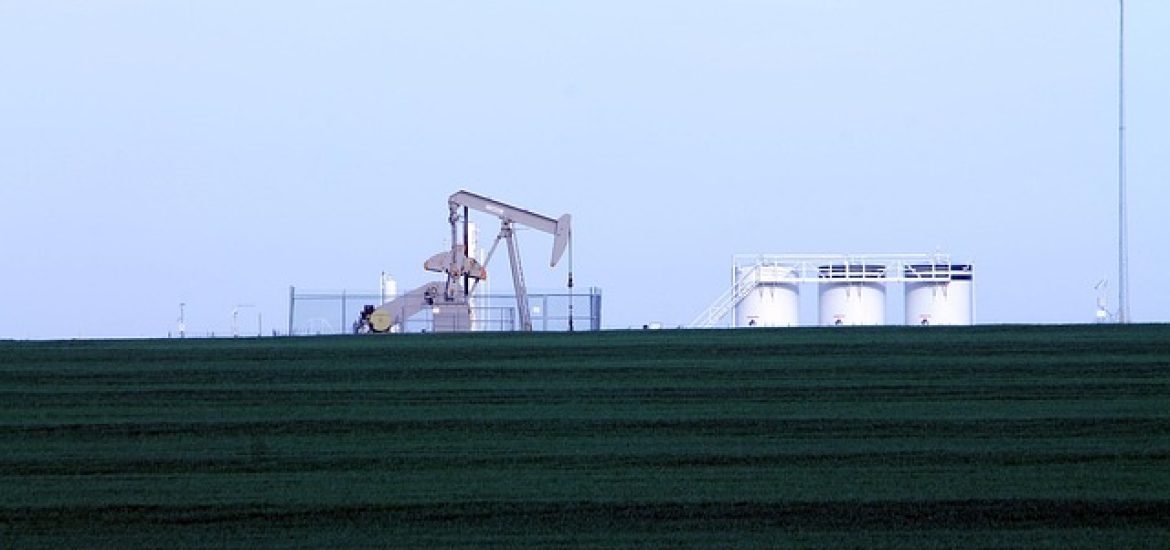
As global energy markets face increasing uncertainty, many traditional oil and gas companies are grappling with slowing revenues and shifting policy landscapes. In 2024, several major players — including TotalEnergies, Shell, Equinor, Eni, and BP — reported significant year-on-year profit declines. BP, for example, saw its net income drop by more than 97%.
While economic volatility, geopolitical tensions, and the lingering effects of the COVID-19 pandemic all play a role, deeper structural changes are underway. Climate-related pressures and international net-zero targets are prompting a profound transformation across the energy sector.
Against this backdrop, the Abu Dhabi National Oil Company (ADNOC) has emerged as a notable example of strategic adaptation. The company recently reported a 32% increase in revenue, surpassing $4 billion in 2024. Since its public listing in 2021, ADNOC has more than doubled its annual net profits, which reached $1.3 billion last year. Shareholders are set to receive $788 million in cash dividends, with plans for a further 10% increase in 2025.
Diversification at the Core of ADNOC’s Approach
A central factor behind ADNOC’s recent performance is its diversification strategy. The company has expanded beyond its traditional oil and gas business into renewable energy, chemicals, and advanced materials. In 2023, ADNOC acquired Covestro, a German leader in polymer materials and recycling technologies, for $16.3 billion. The acquisition not only stabilized Covestro’s financial situation but also provided ADNOC with access to advanced expertise in sustainable materials and industrial innovation.
Through its TA’ZIZ joint venture, ADNOC has since announced approximately $3.7 billion in contracts aimed at developing a domestic chemicals industry in the UAE. The initiative supports Abu Dhabi’s ambitions to diversify its economy, strengthen industrial capacity, and promote sustainable development.
Integrating Sustainability into Business Strategy
ADNOC has also accelerated its sustainability efforts. In August 2023, the company moved its carbon neutrality target forward by five years, now aiming to reach net-zero emissions by 2045. It has also set a goal of eliminating methane emissions by 2030, positioning itself ahead of many of its global peers. In addition to emissions reduction, ADNOC is investing in nature-based solutions to preserve and restore local ecosystems.
The company continues to expand its renewable energy portfolio while integrating decarbonisation technologies into existing operations. These initiatives are designed not only to reduce environmental impact but also to enhance operational efficiency and maintain competitiveness in a rapidly evolving market.
Balancing Short-Term Realities with Long-Term Goals
Despite its commitments to sustainability, ADNOC acknowledges the continuing role of oil and gas in the global energy mix, particularly in developing economies where access to affordable energy remains essential for economic development. The company also points to recent geopolitical shocks, such as the war in Ukraine, as reminders of the need for stable and reliable energy supplies.
To reconcile these realities with its long-term objectives, ADNOC has invested heavily in innovation. The adoption of artificial intelligence and advanced digital technologies has enabled the company to optimise upstream operations, improve efficiency, and reduce carbon intensity.
A Model of Strategic Adaptation
ADNOC’s combination of diversification, decarbonisation, and digital innovation has enabled it to navigate a complex energy landscape while maintaining strong financial performance. Its trajectory offers a case study in how legacy energy companies can adapt to a world increasingly shaped by climate concerns and shifting economic priorities.
While the broader industry continues to face challenges, ADNOC’s approach illustrates that adaptation, when paired with strategic investment and a commitment to sustainability, can help traditional energy firms secure a role in the evolving energy future.





